You have an important project at hand, and you require a contractor's specialist knowledge to fill in the skill gap in your team. You're ready to hire-except that you're unfamiliar with the hiring process.
If this is your first time hiring a contractor, our article will guide you through the essentials.
We'll cover the following:
- Sourcing for contractors
- Assessing contractor CVs
- Interviewing a contractor
- Payments
- Contract terms
- Terminating a contract
Introduction
You have an important project at hand, and you require a contractor's specialist knowledge to fill in the skill gap in your team. You're ready to hire—except that you're unfamiliar with the hiring process.
If this is your first time hiring a contractor, our article will guide you through the essentials.
We'll cover the following:
- Sourcing for contractors
- Assessing contractor CVs
- Interviewing a contractor
- Payments
- Contract terms
- Terminating a contract
Sourcing for contractors
1. Using recruitment agencies
Sourcing for contractors can be tedious and time-consuming.
If this is the first time you're hiring, or if you need to hire several contractors at a go, using a recruitment agency can help speed up your hiring process.
Start off with making a list of agencies you want to work with.
You don't need an extensive list; shortlisting just a few agencies will be sufficient. You'll need to do your due diligence, and conduct in-depth research on each of these agencies.
Check out the reviews they've received from past clients, and check if they are advertising contracts that are similar to the ones you want to advertise.
These are important steps to take—you'll want to avoid engaging an agency that you don't know much about, or that doesn't have experience hiring contractors for your industry. That's because you may end up having to sort through numerous applications that aren't a good fit with your requirements.
We've also included a few questions that can help you better assess if the agency is a good fit for your needs:
- Are the recruitment agents familiar with the latest trends in my industry?
- Are they transparent about their contract rates?
- Are they up to date with recent regulatory changes concerning contractors, such as tax reforms, employment laws and agency regulations?
2. Hiring contractors directly
You have several options when it comes to hiring contractors directly: comb through your networks (including past contacts such as ex-colleagues or employees), advertise on online job boards or tap into offline and online networking platforms.
LinkedIn in particular is a great option: there are numerous industry groups you can post to, and the LinkedIn Recruiter tool offers a wide-ranging variety of useful features.

Assessing contractor CVs
Now that you've gotten the word out about your job vacancy, applications are starting to come in.
It helps to have time-effective strategies in place, so you can sort through these CVs as efficiently as possible.
Here are a few tips to help you along:
- Understand that reviewing a contractor's CV requires a different approach: If this is the first time you're hiring a contractor, bear in mind that the resume screening process will require a different approach (relative to how you'd typically assess resumes for a full-time position).
- For example, a contractor's CV will include just a few select projects and skills that are relevant to the role - as that is all the information that you need. It helps to think of this as a business transaction, rather than hiring an employee.
- Get clear on what you need: The contractor will be hired to achieve specific objectives within a short period of time. Therefore, you need to have a clear idea of your project deliverables, and the skills that a potential contractor should possess.
- Watch out for a pattern of short contracts: Keep an eye out for resumes that list a series of short projects, coupled with a lack of long term contracts or contract renewals.
- Firstly, this hints at a contractor's lack of staying power. It may also be an indicator that the contractor has repeatedly failed to meet the expectations of his or her clients, or was unable to adapt to the organisational environment. Ideally, an experienced contractor should have fulfilled at least one long term contract that includes one or two renewals.

Interviewing a contractor
Similar to reviewing a contractor's CV, interviewing a contractor requires a different approach (relative to conducting an interview to fill up a full-time position). Contractors tend to be hired for a short period of time, so determining an applicant's cultural fit isn't a priority.
While the focus should be on assessing their skills and experience, you'll also need to ensure that they have the right attitude, and are able to adapt quickly to a new workplace environment.
Here are some questions you need to think about when you assess an applicant:
- Is the contractor genuinely interested in the project? What does he or she know about my company and industry, apart from the information that was provided in the job advertisement?
- Does the contractor demonstrate initiative? How well will he or she work with minimal supervision?
- Does the contractor have good communication skills? Can he or she adapt to a new workplace environment quickly, and get along with the team?
- Is the contractor a good listener?
To determine if an applicant is a good fit, here are a few questions you can ask:
- How do your skills and experience make you a good fit for this assignment?
- Why are you interested in this contract assignment?
- Can you share about a previous experience where you had to adapt to a new environment quickly? What were your biggest challenges, and how did you overcome these issues?
- Tell me about how you work with others.
Paying an independent contractor
Unlike employees, contractors don't receive a fixed annual salary. They typically charge a per-hour, per-day or per-project rate, and how they charge for their work can vary depending on the nature of the project and the industry they operate in.
For example, a digital marketing contractor may charge a per-hour rate for a project that involves a variety of marketing tasks, but charge a fixed per-project or per-article rate if tasked to work on a copywriting assignment.
In general, your contractor will send through an invoice on a weekly or monthly basis-either directly to you (their client), or to their umbrella company or agency. While the payment terms will vary, it is common for contractors to require that a client makes payment within seven, 14 or 30 days.
How do you work out how much you should be paying your contractor? This is fairly straightforward if you're hiring through an agency, as the agent will be able to provide information on the market rates, and offer advice on how much you should be paying.
If you're sourcing for contractors directly, you'll need to research across various sources to determine how much you should pay.
It can be helpful to look through job boards or ads for vacancies similar to what you're offering; some of these ads include information on the project rates, which can help you get a gauge of the current market rates.
It helps to review freelancer profiles and websites too, as there are contractors who include information about their freelance rates on their websites.
Your personal networks can also be an important source of information. It's worth checking in with contacts who are currently working in the finance or HR functions, as they might have information on the rates that contractors working within their organisations are paid by.

Creating an independent contractor agreement
Contractor agreements can range from simple, one-page contracts to detailed, multipage documents with numerous terms.
This will vary depending on the nature of the project, as well as the parties involved. Your contractor may have their own terms or a standard contract they use, or may propose changes to a contract that you've created.
Tip: If this is the first time you're creating a contractor agreement, there are online contract tools and templates that you can use or adapt from.
Here are a few examples:
Important clauses you need to include
1. Independent contractor clause
This clause clearly defines the worker's role as an independent contractor, and not an employee.
This is important for both parties—the clause helps your contractor to prove their status for tax purposes, and protects your company from employee misclassification.
The clause will indicate that the contractor:
- Is an independent contractor, and not an employee
- Is responsible for paying his or her own taxes, National Insurance contributions and benefits
- Retains latitude to control how, when and when he or she will fulfill the terms of the agreement
2. Non-disclosure clause
A non-disclosure clause prevents contractors from disclosing confidential information about your company.
It's particularly important if your contractor is given access to sensitive information, such as your business finances during the course of their work.
3. Intellectual property clause
This clause will indicate which party owns the intellectual property rights to the work created by the contractor.
If you're engaging a contractor for creative work, such as content writing or web design, you may want to specify that you own the intellectual property rights to the work created during the course of the agreement.
4. Termination clause
A termination clause allows for the agreement to be termination under conditions specified in the clause.
The clause may specify why, how and when the contract may be terminated, and indicate a notice period. The notice period is typically two weeks or a month.
Understanding IR35
IR35 is a tax legislation designed to combat tax avoidance.
It seeks to identify contractors who attempt to take advantage of the tax efficiencies of operating through a limited company, when in actual fact they are working as an employee.
Contractors deemed by HMRC to be falling under IR35 are required to pay income tax and National Insurance contributions—just as permanent employees do. This creates significant financial impacts, as it affects a contractor's take-home pay and the amount of tax he or she needs to pay.
Contractors will likely ask for specific documents to be signed, or for changes to be made to contracts to indicate that he or she doesn't have the responsibilities, benefits and control that a full-time employee would have.
As a client, it helps to know the basics of IR35 and to stay on top of recent reforms, so you'll be better placed to manage their requests.
Terminating a contractor agreement
In certain instances, you may find that you've signed on a contractor whose performance doesn't meet your expectations.
If you decide to terminate your agreement, you need to communicate this clearly to the contractor, and explain why you're breaking the contract. Do not give the contractor any more work to complete (this includes editing or revising the work that he or she has previously submitted), and ensure that the contractor is paid for work that has been done up to the point of termination.
If you've hired a contractor through an agency, the termination process is often easier to manage.
There isn't a contract established directly between you and the contractor, so most aspects of the termination will be handled by the agency. Depending on your agreement with the agency, you may be required to pay a fee for the duration that you've worked with the contractor.

Tips for building a positive working relationship
Building a healthy working relationship with your contractor goes a long way. To make the most out of your relationship, here a few tips that you can implement:
1. Be upfront
It helps to provide as much information as you can right at the start, so that your contractor can be better prepared for the role. Be clear about the project deliverables, what you want to achieve, the working conditions and how your contractor can work with your team.
It's also important that you discuss expectations upfront so as to minimise misunderstandings.
Let your contractor know right away if the role may or may not lead to full-time work opportunities. If you plan to engage a contractor for a short-term assignment, provide an accurate estimation of how long you expect your work agreement to last, and don't mislead them into thinking that there are possibilities of a contract extension.
2. Be inclusive
Treat your contractors in the same manner as you would if they were a full-time employee. Create an inclusive and supportive atmosphere by including them in emails, discussions and informal gatherings.
Ensure that they have the tools they need to complete their work, and help them connect with other members of your team. And as your business grows, think about the different ways in which you can expand their role in your company.
3. Use a project management tool to stay up-to-date
A project management tool can be useful if you're hiring a contractor for complex projects that involve a variety of tasks and constant communication. This will ensure that both parties are up-to-date with the latest developments, and help you keep track of their progress.








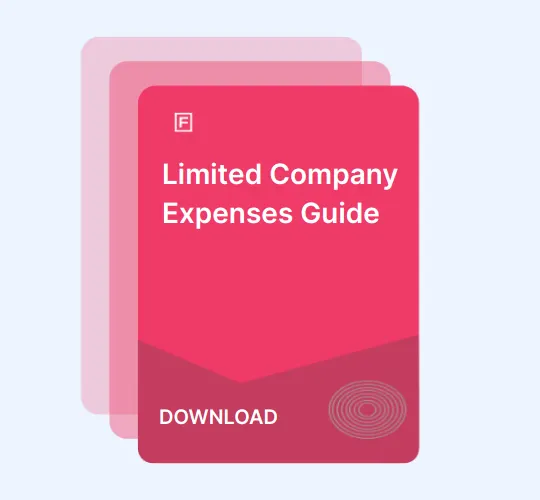


%20(1).webp)



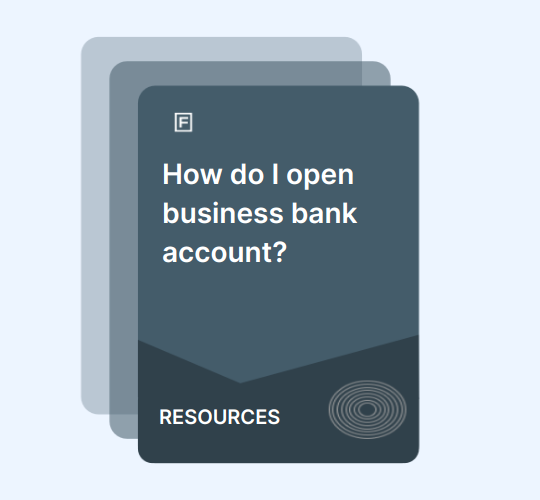

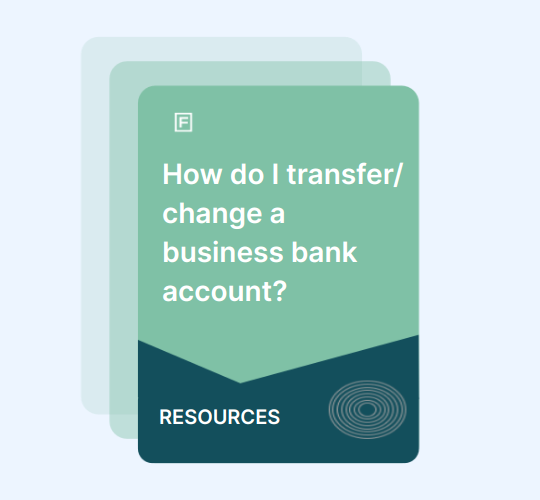
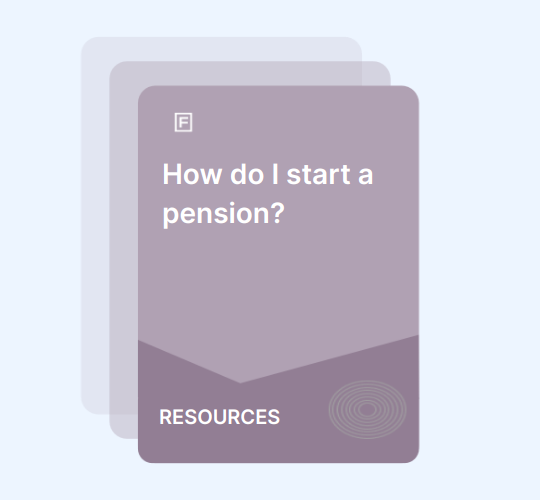

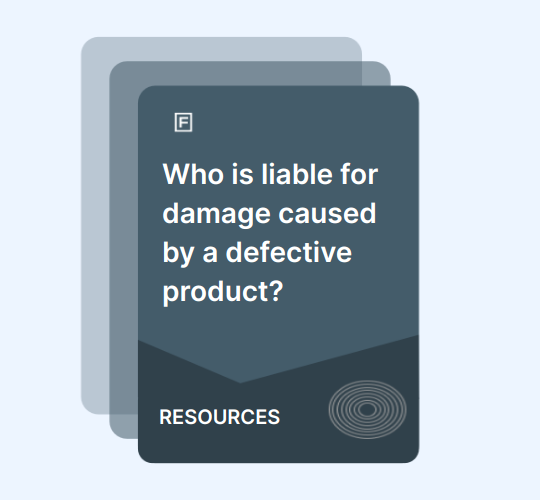





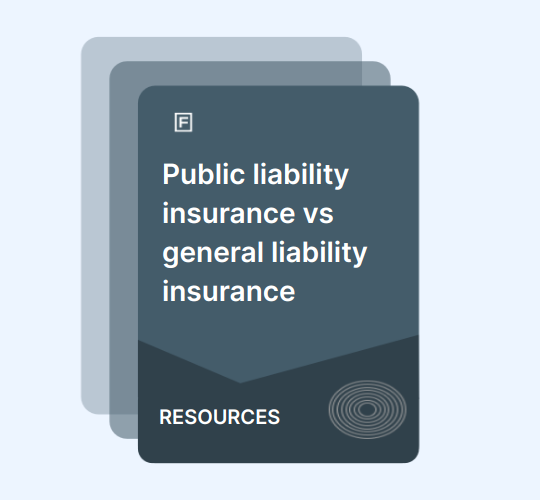


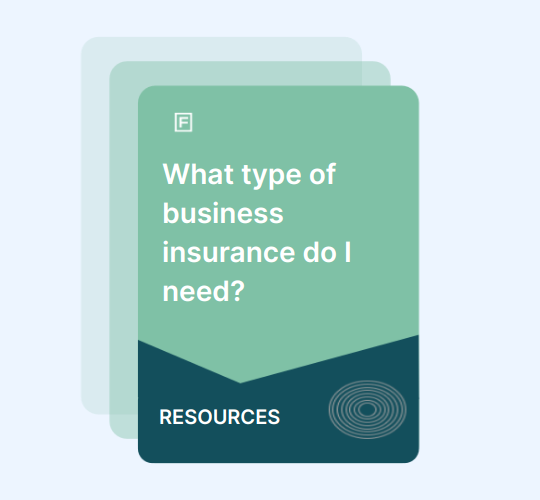







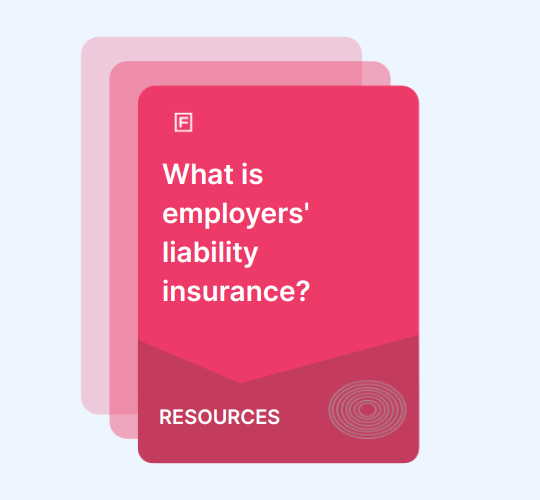









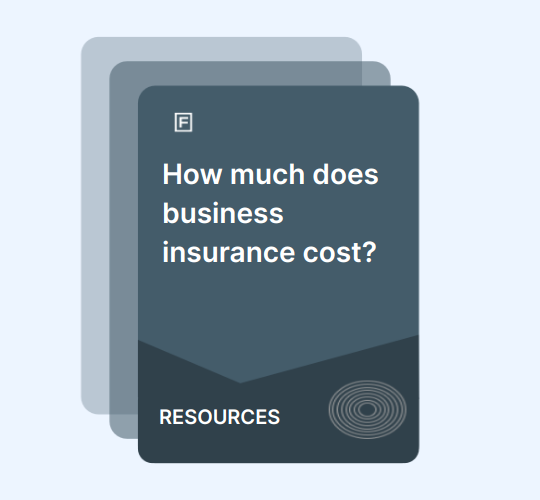




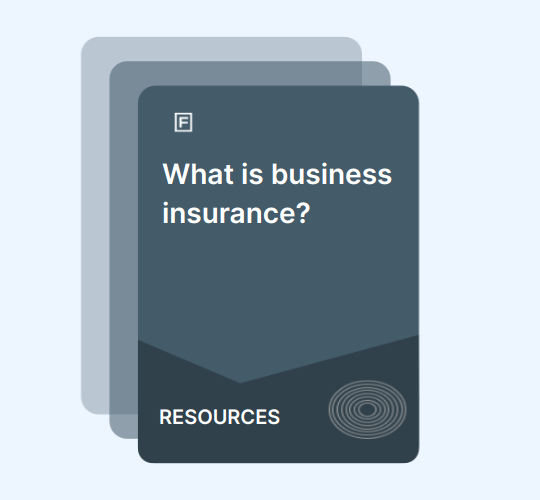













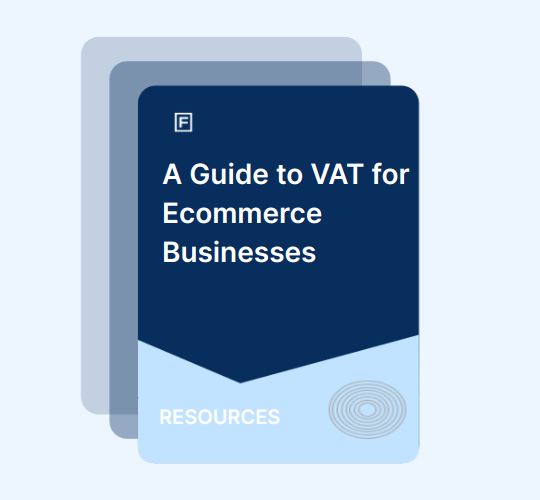



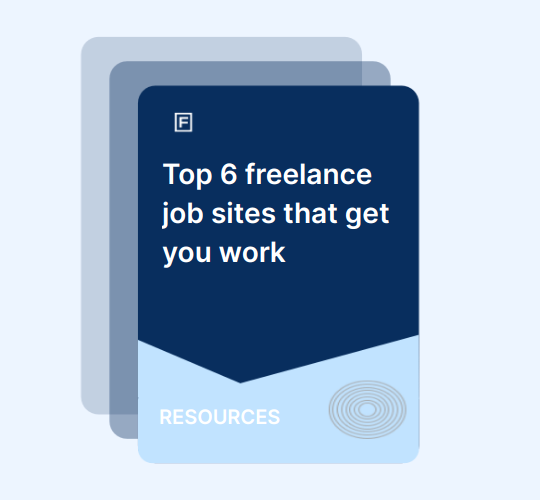






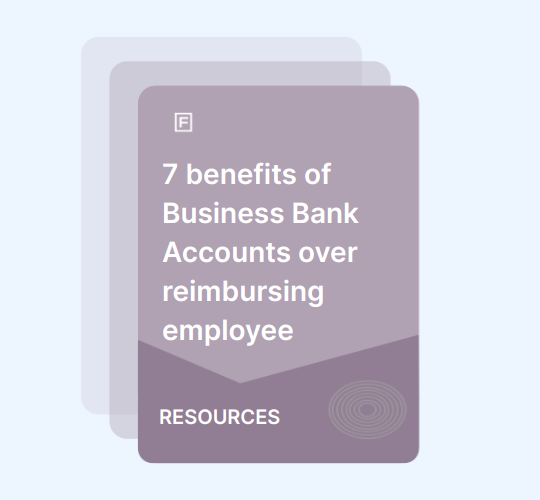








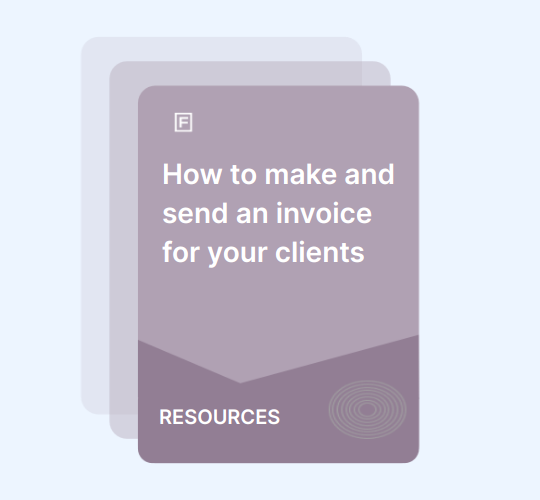

.webp)